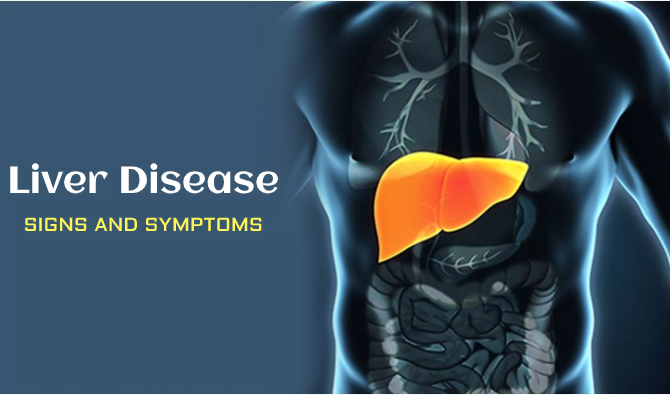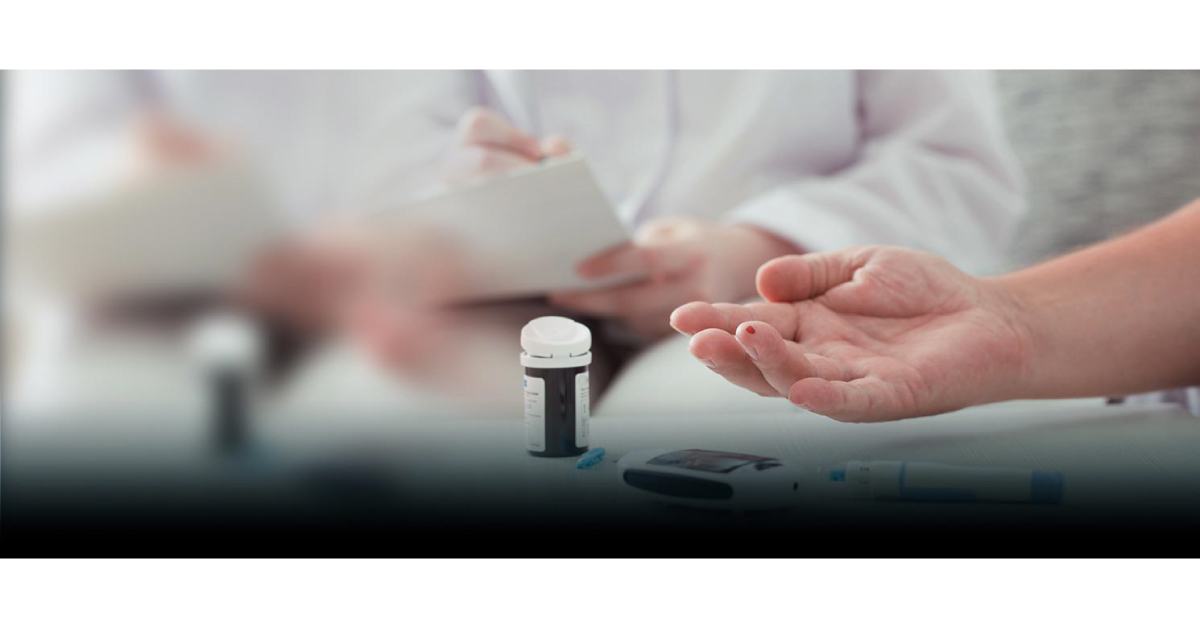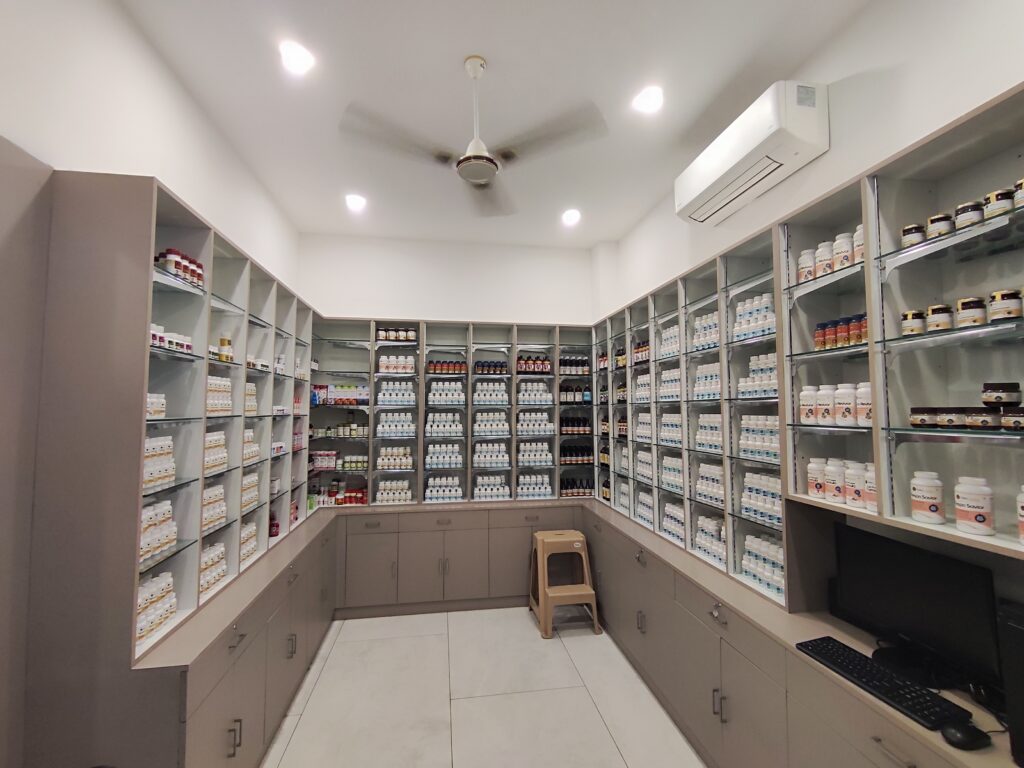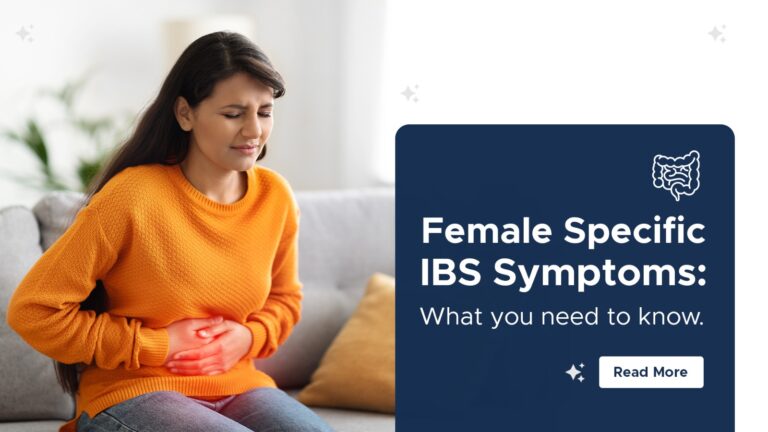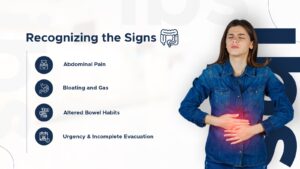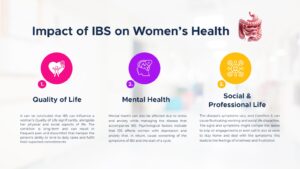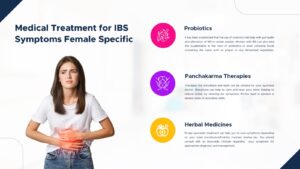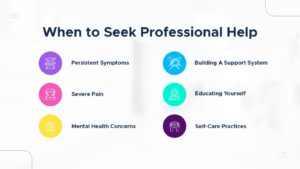Understanding IBS in Women
IBS stands for irritable bowel syndrome. This is a medical condition that happens to a lot of people all around the world. Pain in the abdominal area, distension, changes in the regular pattern of bowel movement are the common signs of IBS, which can also affect the general wellbeing of an individual. First of all, the investigation of IBS indicates this disease affects women significantly more often than men; different studies show that women may be affected by this disease two times more frequently. Most of these differences are due to hormonal variation specifically; the effect of estrogen and progesterone on the rate of gut movement and sensitivity.
Common IBS Symptoms Female-Specific
Hormonal Fluctuations and IBS
One of the definite causes of why IBS symptoms may worsen in women is hormonal changes during the monthly cycle. Hormonal fluctuations of estrogen and progesterone differ during a cycle and it concerns gastrointestinal motility and sensitivity. In fact, regarding the relationship between menstruation and IBS, most women reveal that their symptoms including abdominal pain and bloating deteriorate during menstruation. Enhanced symptoms during this period are associated with changes in hormones that affect the digestive tract’s functioning.
Menstrual Cycle and IBS
Even the normal physiological process involved in the menstrual cycle can affect IBS and its symptoms. Most women who have a monthly female physiological cycle would agree that their abdominal cramps and bloating are worse during their menstrual period. Furthermore, as a result of their periods, some women may develop the traveling washer symptoms of diarrhea or constipation which also affects the management of IBS. Familiarizing oneself with such a connection helps women to prepare for and deal with such a condition in the best way possible.
Pain and Discomfort
Female IBS patients are noted to have higher pain scores as compared to their male counterparts. This is mainly because of hormonal modulation and due to the presence of other problems such as endometriosis that worsens the experience of the patient. In essence, the commonly observed abdominal pain in women suffering from IBS is manifested in a cramp like pain that is excruciating in nature that it can limit physical activities.
Recognizing the Signs
Abdominal Pain
Pain in the abdominal region is one of the most common characteristics of IBS and may range from a mild pain to sharp cramps. Menstrual migraines often accompany some stages of the woman’s menstrual cycle and that is why it is important to check for symptoms that are connected with hormonal fluctuations.
Bloating and Gas
Another condition is bloating, which is also rather painful especially for the women who have IBS. The hormonal changes may interfere with the water balance and the generation of gas within the body causing fullness or bloating felt in the stomach region.
Altered Bowel Habits
IBS may lead to dramatic changes in bowel movement such that an individual may experience diarrhea or constipation or alteration of the two. Some of the symptoms might be worse during specific times of a woman’s menstrual cycle, meaning that management could be complicated.
Urgency and Incomplete Evacuation
Consequently, IBS-diagnosed females experience the necessity of defecation quite often and with a feeling of urgency, and often feel they have not fully emptied their bowels. This can be very disturbing and tends to interfere with most of the activities carried out in a given day.
Impact of IBS on Women’s Health
Quality of Life
It can be concluded that IBS can influence a woman’s Quality of Life significantly, alongside her physical and social aspects of life. The condition is long-term and can result in frequent pain and discomfort that hamper the person’s ability to tend to daily tasks and fulfill their expected commitments.
Mental Health
Mental health can also be affected due to stress and anxiety while managing the disease that accompanies IBS. Psychological factors indicate that IBS affects women with depression and anxiety that, in return, cause worsening of the symptoms of IBS and the start of a cycle.
Social and Professional Life
The disease’s symptoms vary, and therefore it can cause fluctuating working and social life disparities. The signs and symptoms might compel the ladies to skip on engagements or even call in sick at work to stay home and deal with the symptoms; this leads to the feelings of loneliness and frustration.
Managing IBS symptoms in Women
Dietary Modifications
Many patients require medication for their IBS, but switching to a suitable diet is one of the most successful methods. Ladies with IBS should maintain a record of foods that worsen symptoms and should avoid foods that contain a high amount of FODMAPs (fermentable oligosaccharides, disaccharides, monosaccharides, and polyols). A number of cross- sectional studies identified that a low FODMAP diet has alleviated symptoms in many of the IBS patients.
Stress Management
Stress, in particular, has been identified to cause IBS flare-up, hence, strategies to deal with stress are essential in managing IBS. Some techniques like practicing yoga, OM meditation, and other deeper breathing techniques can be useful in lowering stress and general strain.
Exercise
Physical inactivity also leads to the occurrence and or worsening of IBS symptoms, therefore, exercising is very beneficial. The kind of exercise that can help women with IBS should be a moderate, routine type of exercise according to the ability of each woman.
Medical Treatment for IBS symptoms Female specific
Probiotics
It has been established that the use of probiotics did help with gut health and alleviation of IBS in certain people. Women with IBS can also take the supplements in the form of probiotics or even consume foods containing the same such as yogurt or any fermented vegetables.
Panchakarma therapies:
Therapies like shirodhara and Basti can be advised by your ayurveda doctor. Shirodhara can help to calm and relax your mind, helping to reduce stress, by relieving ibs symptoms. Pichha Basti is advised in severe cases of ulcerative colitis.
Herbal medicines:
Purely ayurvedic treatment can help you to cure symptoms depending on your body constitution(Prakriti), involved doshas etc. You should consult with an Ayurvedic clinician regarding your symptoms for appropriate diagnosis and management.
When to Seek Professional Help
Persistent Symptoms
If these symptoms persist and continuously alter women’s quality of life, it is strongly advised that they consult their healthcare provider. A professional can often assist with the development of a long-term prognosis and treatment plan unique to each person’s situation.
Severe Pain
Persistent abdominal pain that cannot be relieved by medications available in the counter as well as alteration of some of the lifestyle factors needs medical attention to eliminate other possible causes and have right management.
Mental Health Concerns
If IBS has an impact on a woman’s mental health and causes anxiety or depression or other psychological disorders, it is crucial to consult a mental health specialist. Mental health Management is one of the critical aspects when it comes to the management of IBS. To a certain extent, the impact on the daily life of a woman with IBS involves coping with some of the consequences of this disease and, possibly, other chronic illnesses.
Building a Support System
Life with IBS can be sometimes difficult, although having a good backing is proven to help a lot. Specific advice includes educating the family, friends and the health care providers about the condition of IBS and asking for help when it is required.
Educating Yourself
Education is central to the IBS management and clients with IBS should be empowered by education on the disorder. You should make a point of educating themselves on the ailment, figuring out what causes flare-ups and examining the available treatment options to find what will have the best outcomes on them.
Self-Care Practices
Self-care measures can be easily and painlessly incorporated into one’s lifestyle and may aid in ‘‘curing’ distressed IBS symptoms. This may involve writing in a diary, walking in a park, and making sure that one gets enough sleep and does not overstress herself.
Conclusion: Empowering Women with Knowledge and Resources
IBS is chronic and affects various aspects of a woman’s life, thus its effect on health cannot be overemphasized. But the presence of knowledge and the necessary resources will allow women to remain the mistresses of their symptoms and lead full-fledged lives. Studying the features of female specific IBS symptoms, signs of the disease, and possibilities for its control can help women manage the problem. So, the positive attitude toward the situation and the further building of the support system including the preferable caring of the self and the appeal to professional help if needed can help women with the IBS to live each following day with confidence and determination.



